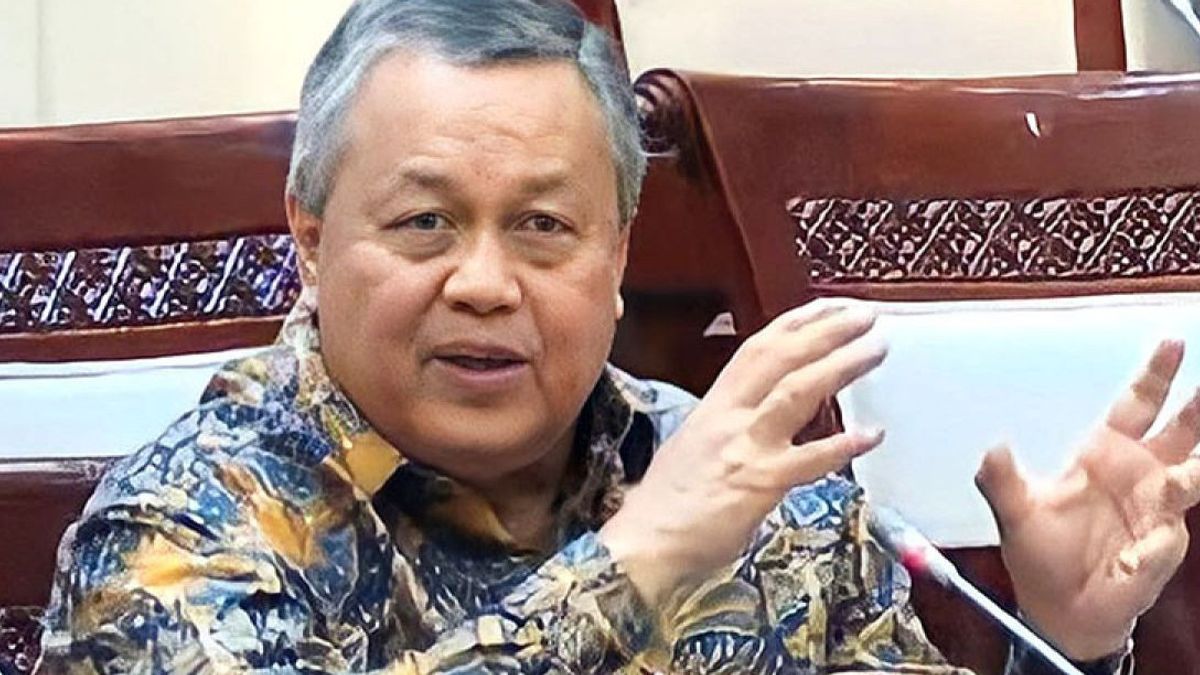JAKARTA - Bank Indonesia (BI) Governor Perry Warjiyo stated that the trend of inflation in Indonesia in the last 10 years has decreased and is under control, even including one of the lowest in the world today.
"We believe that low inflation is a very important factor for sustainable economic growth and people's welfare," said Perry Warjiyo at the 2024 National Coordination Meeting for Inflation Control at the State Palace, Jakarta, quoted from Antara, Friday, June 14.
He also estimates that the level of domestic inflation in the remainder of 2024 will remain under control in the range target, which is 2.5 plus minus 1 percent.
Even so, he asked the government to be aware of the impact of the world's volatile situation due to the ongoing global geopolitical conflict by mitigating the risk of increasing food prices and energy to control inflation.
"Global conditions are still not friendly and we need to face various challenges in the future with sustainable efforts and synergies. Continuity is very important for future inflation control," Perry said.
His party also continues to strive to strengthen the synergy between the central and regional governments in controlling inflation through the expansion of the National Movement for Food Inflation Control (GNPIP) program in all 46 Regional Offices of Bank Indonesia.
These efforts were made to secure supply availability and increase the smooth distribution of food and overcome various structural problems such as productivity, distribution efficiency, and food data integration.
In addition to the GNPIP program, Perry said that synergies with local governments were also strengthened through various other programs, such as food commodity security, cooperation between regions, food distribution facilities, and digitization.
SEE ALSO:
"In this global volatile condition, monetary policy will be consistently implemented to maintain stability by ensuring inflation remains under control and the rupiah exchange rate remains stable," he said.
In addition, he said that his party also implemented loose macroprudential policies to support sustainable national economic growth, including through liquidity incentives and payment system digitization.
He stated that the incentives were given to the banking industry for the distribution of financing to various sectors to increase national economic capacity, including downstreaming of agriculture and food MSMEs.
"Meanwhile, the digitization of our payment system continues to direct it to support the distribution of social assistance, electronification of regional government financial transactions, and cooperation in the QRIS payment system with ASEAN and other countries," added Perry.
The English, Chinese, Japanese, Arabic, and French versions are automatically generated by the AI. So there may still be inaccuracies in translating, please always see Indonesian as our main language. (system supported by DigitalSiber.id)












